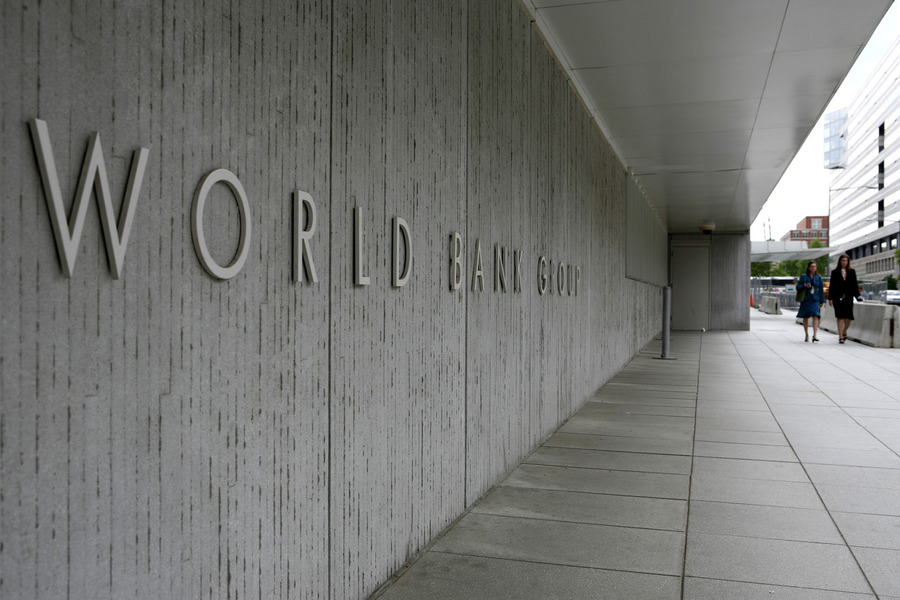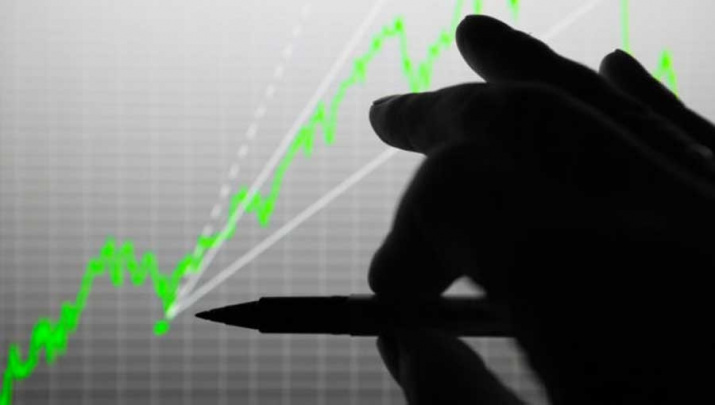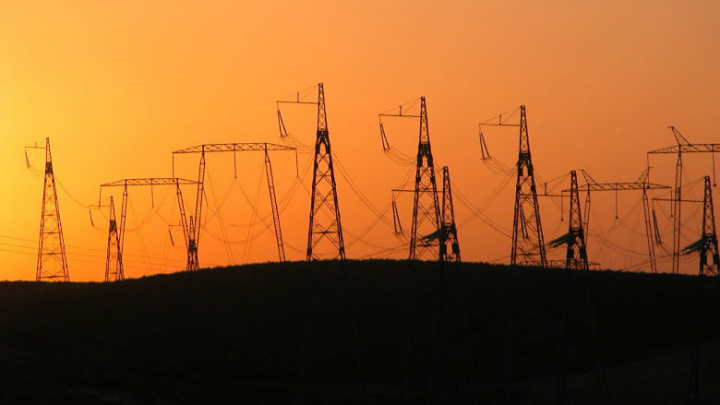World Bank releases its economic forecast for Uzbekistan
According to World Bank (WB) forecasts, Uzbekistan’s GDP growth will slow down to 5.3% in 2022 and reach 4.9% in 2023. Increasing logistics (supply) difficulties associated with sanctions against Russia will slow down the growth of private consumption.

Photo: AP
At the same time, private investment and exports are expected to grow steadily, and the current account balance of payments is expected to improve as Uzbekistan continues to benefit further from high world commodity prices (gold, copper, natural gas) and increased remittances from labor migrants. Foreign direct investment is not expected to increase in 2022, and the trade deficit will be covered primarily by government borrowing.
Higher commodity export earnings and slow public investment spending will reduce the budget deficit from 6.2% of GDP in 2021 to 4.4% in 2022. However, the deficit will be higher than the planned 2022 budget of 3% due to higher government spending on social protection, healthcare, education and infrastructure development.
The fiscal consolidation planned for 2023 is expected to be delayed due to increased targeted social protection for the population in response to rising food prices and mitigating the effects of the war in Ukraine. Growth of the economy and expansion of social protection programs for the population will further reduce poverty in the country. The poverty rate is projected to fall to 14.5% in 2023 and 12.2% in 2024. However, public spending consolidation is expected to pick up again in the coming years in light of revenue mobilization and improved spending efficiency.
The government is expected to continue to adhere to its own borrowing restrictions. Thus, public debt and total external debt will gradually decrease to 32% and 55% of GDP, respectively, by the end of 2024.
Risks for this forecast in the direction of its deterioration include a protracted war in Ukraine and new sanctions on Russia, as well as tighter-than-expected global financial conditions. There is a risk that the implementation of reforms will be slowed down at this more difficult stage of economic transformation, which is exacerbated by the difficult international environment.
Potential positive trends for the economy include higher global prices for gold, natural gas and copper, as well as faster sectoral productivity growth as a result of the government’s structural reforms.
Related News

19:29 / 11.02.2026
Uzbekistan launches $100 million employment initiative with World Bank support

15:56 / 11.02.2026
Higher gold revenues help Uzbekistan cut 2025 fiscal gap to 2.1% of GDP

13:04 / 29.01.2026
Share of informal and shadow economy in Uzbekistan drops sharply

11:17 / 24.01.2026



